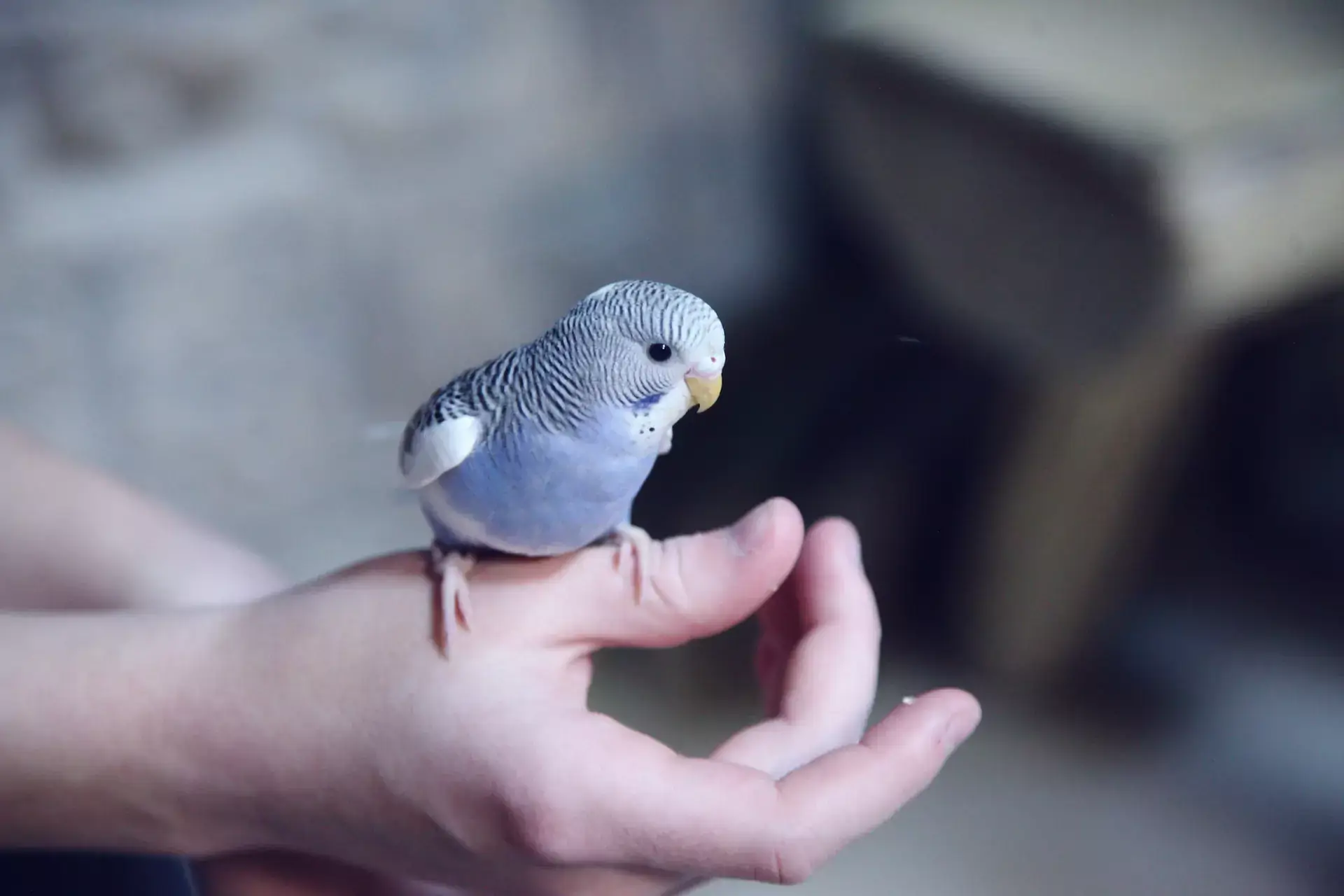Do you have koi fish? These beautiful fish can really make a backyard into a special, relaxing retreat. However, summer’s scorching hot weather does bring a few concerns for you to be aware of. A Las Vegas, NV vet goes over some of them below.
Evaporation
Evaporation is a huge concern at this time of year. The water in your pond will dry up much more quickly in summer than it would in the cooler months! Evaporation can also cause overcrowding, which will in turn cause other issues. Keep an eye on your water levels, and refill as needed.
Oxygen
Oxygen levels often drop in ponds during hot weather. This can be very dangerous for fish! Be sure to do regular water changes. It will also help to add aerating features, such as air stones or pumps. You can also include fountains or waterfalls. (Bonus: these things will make your pond even more attractive!)
Plants
Plant cover will give your fish shady spots to cool off in, which is very important in summer. They’ll also help filter the water. Add things like water lettuce, water lilies, and water hyacinth to your pond.
Debris
Lawn debris, such as dead leaves and branches, often falls into ponds at this time of year. These things can spark algae blooms, and upset the oxygen balance. Skim your pond regularly.
Feeding Schedule
You may want to make a few changes to your fish-feeding schedule. Be careful not to overfeed! Extra food will quickly spoil, which will in turn soil the water and deplete oxygen levels. Generally, koi do best with 1-3 smaller, low-protein meals a day. Feed only what your pets can eat in less than 5 minutes. Ask your vet for specific advice.
Parasites
Parasites aren’t uncommon in koi ponds. However, they gain an edge with fish that are stressed and/or unhealthy. Keep an eye out for signs of parasitic infestations. Some things to look for are small white spots, isolation, unusual behavior, and respiratory distress. Your fish may also have damaged or missing scales, and/or they may rub against things to soothe itching. Most parasites can be treated, but it’s important to catch them early. Proper identification is also crucial. Ask your vet for more information.
Please contact us, your Las Vegas, NV vet clinic, for all of your pet koi’s veterinary care needs. We’re here to help!






!Social Media Icons